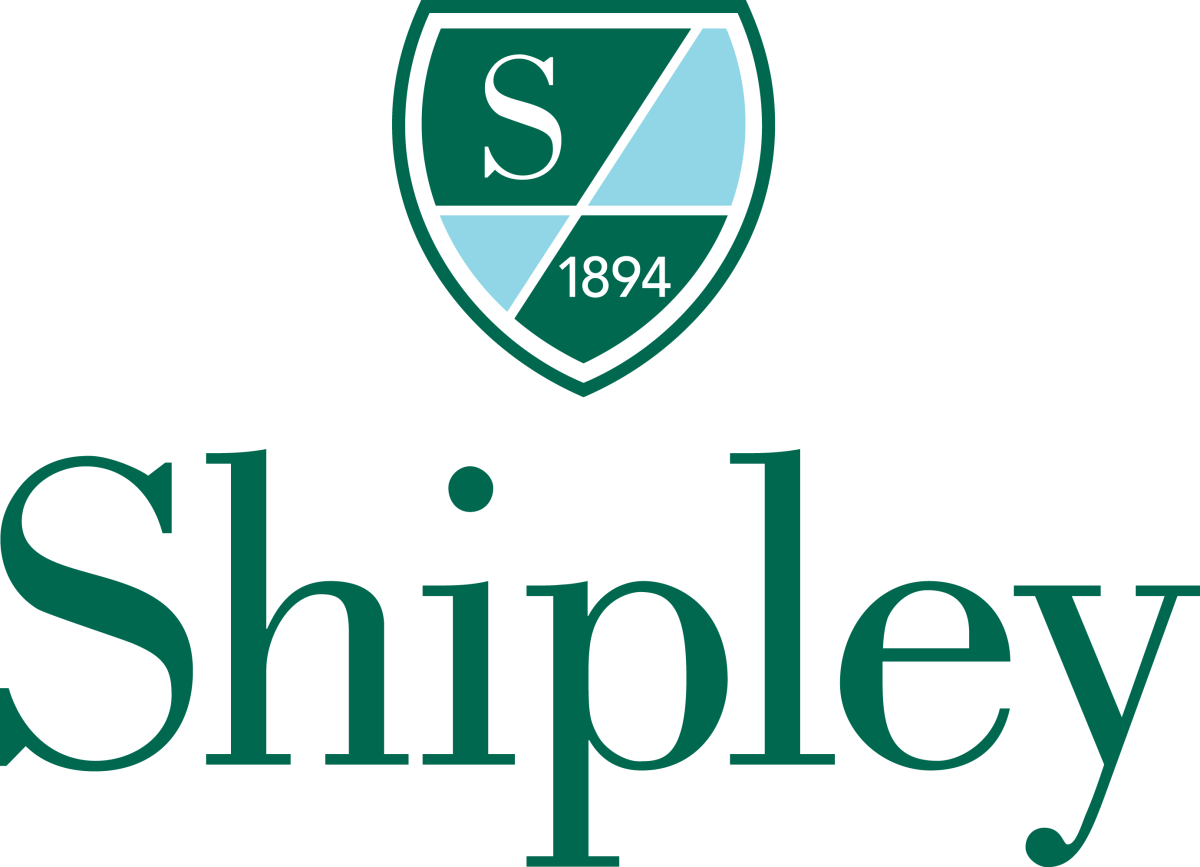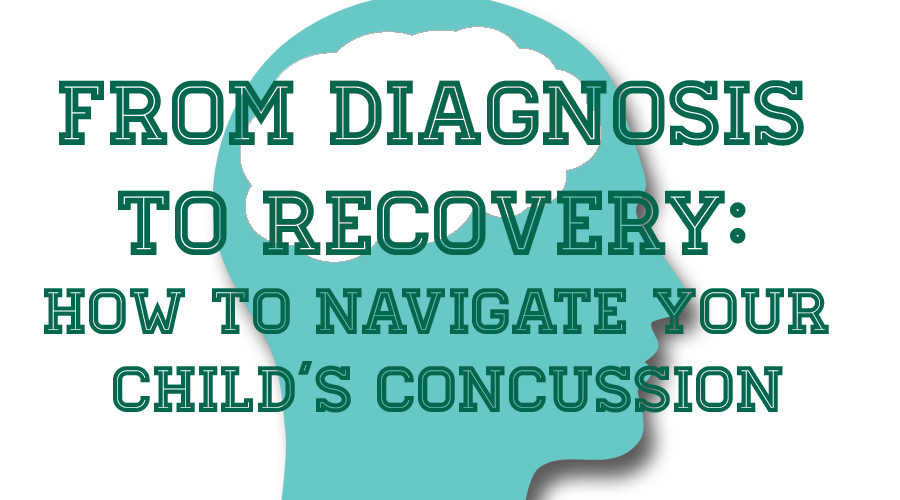Concussions are a type of mild traumatic brain injury. While learning your child has one can be overwhelming and scary, you can guide your child to a full recovery by proactively engaging with your healthcare provider, school administration, teachers, and coaches at the time of diagnosis and throughout your child’s recovery. As a pediatric sports medicine specialist, I have treated countless concussions and would like to share advice with you about what to expect during your child’s recovery.
What Parents Should Do
- Alert the school. Upon receiving your child’s concussion diagnosis, it’s important to contact the school as soon as possible about your child’s absence. This will allow the school to begin making the necessary adjustments to promote your child’s healthy recovery.
- Recognize the symptoms. Every child’s concussion is unique, with a different range of symptoms and also different severities of each symptom. This influences your child’s recovery trajectory, so it’s helpful to stay attuned to your child’s symptoms and to track them over the first few days to weeks. I recommend creating and sharing a concussion symptom log with your child’s physician to mark progress with symptoms. This tracking also helps you and the physician make decisions on what activities are appropriate during each stage in the recovery process. Logging your child’s concussion symptoms can also help alert you or the physician of any lingering concussion symptoms, which should be addressed. It’s also important to help your child recognize what worsens symptoms so you can help your child learn to pace him or herself and manage his or her symptoms for whatever stage of recovery he or she is in.
- Create a Return to Learn and a Return to Play plan. At the time of diagnosis, talk with your child’s physician about activity modification early after injury to allow symptoms to decrease and about the gradual reintroduction of learning and physical activities. Check out our “Road to Recovery” infographic to help you understand what each recovery stage means. The road to recovery can take days or weeks depending on your child’s symptoms, but early relative rest and a gradual return to activities is critical to achieving a healthy recovery.
When your child is ready to go back to school, the school should be prepared to make adjustments to create a smooth and successful transition. Temporary academic adjustments to take academic pressure off injured students may include adapting the classroom and academic workload to match your child’s recovery. As noted in the “Road to Recovery,” children may need to initially return for a half day of school or take frequent breaks during the day with a reduced workload and then gradually increase time and workload as cognitive stamina improves.
At this stage, the goals for school are rehabilitative and recovery-oriented, not the usual academically-oriented goals for academic achievement. If your child also participates in sports, it’s important to follow CHOP’s Return to Play plan to further promote recovery and to prevent re-injury. Physical activity can be helpful in promoting recovery, but your child should not participate in activities where he or she is at risk for another concussion.
- Stay alert to mental health and wellness. During the recovery process, your child may feel frustrated and even anxious or depressed by the limitations imposed on learning, social activities, and athletics due to the concussion. In addition, these feelings may be amplified by the concussion itself, so it is critical to monitor your child’s mood and support him or her while making your physician aware of any major concerns.
At CHOP, we have found that initial relative rest, followed by a guided gradual return to activity, including academics and athletics, is the best strategy for recovery. By following these steps, you can successfully guide your child to a full recovery.
Read more about concussion care for families.
Read a CHOP Health Tip on The New Do’s and Don’ts of Concussion Care.
Learn about Shipley's concussion prevention programs and our research partnership with CHOP.










